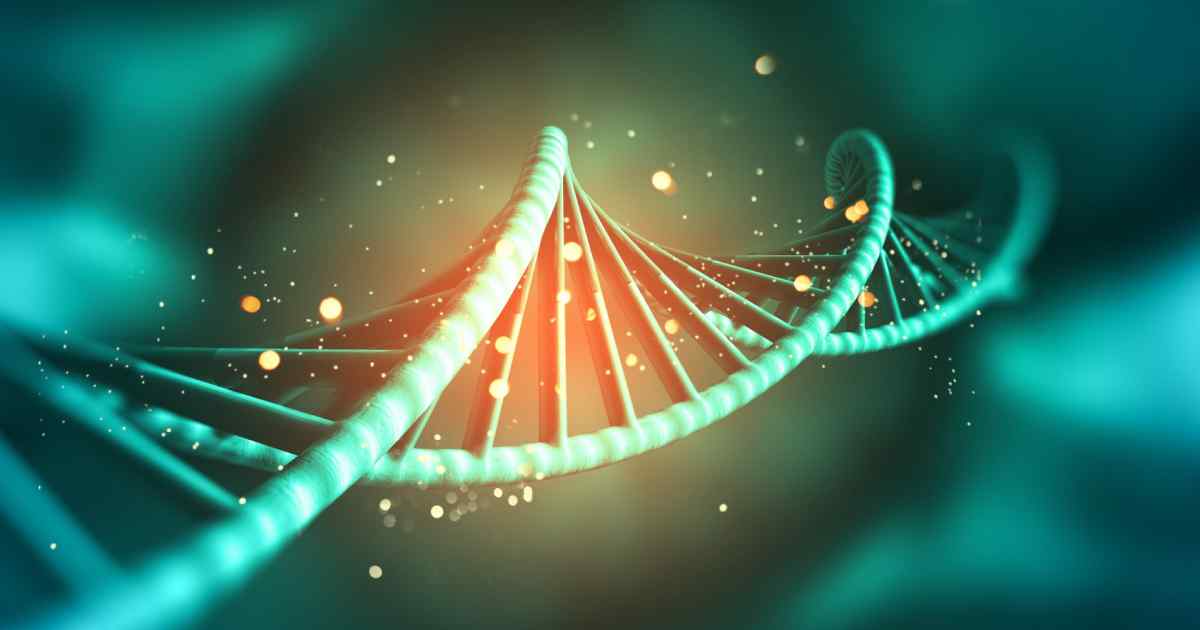
Expert Reviewed By: Dr. Brandon Colby MD
Understanding Advanced Sleep Phase Syndrome 2
Advanced Sleep Phase Syndrome 2 (ASPS2) is a circadian rhythm disorder characterized by an early sleep-wake cycle. Individuals with ASPS2 tend to feel sleepy in the early evening and wake up in the early morning, which can significantly impact their social and professional lives. This condition is often familial and has been linked to genetic mutations, particularly in the hPer2 gene, which plays a crucial role in regulating the body's internal clock.
The Role of Genetic Testing in Diagnosing ASPS2
With advancements in genetic research, understanding the underlying causes of ASPS2 has become more accessible. Genetic testing has emerged as a powerful tool in diagnosing and managing this disorder. By identifying specific mutations associated with ASPS2, individuals can gain insights into their condition, paving the way for personalized treatment plans.
Identifying Genetic Mutations
Genetic testing allows for the identification of mutations in the hPer2 gene, which are strongly associated with ASPS2. The study by Toh et al. highlights a specific mutation in the hPer2 phosphorylation site that affects circadian rhythm regulation. By pinpointing such genetic anomalies, healthcare providers can confirm a diagnosis of ASPS2, distinguishing it from other sleep disorders with similar symptoms.
Personalized Treatment and Management
Once a genetic mutation is identified, treatment and management strategies can be tailored to the individual's needs. For example, understanding the genetic basis of ASPS2 can help in developing targeted therapies that adjust the sleep-wake cycle more effectively. Light therapy, melatonin supplements, and lifestyle modifications can be optimized based on genetic insights, thereby improving the quality of life for those affected.
Family Planning and Genetic Counseling
Since ASPS2 is often familial, genetic testing can provide valuable information for family planning. Individuals with a known genetic predisposition can seek genetic counseling to understand the risks of passing the condition to their offspring. This proactive approach allows families to make informed decisions and prepare for potential challenges related to ASPS2.
The Future of Genetic Testing in Circadian Rhythm Disorders
As research continues to unravel the genetic components of circadian rhythm disorders, the role of genetic testing is expected to expand. New technologies and methodologies are being developed to enhance the accuracy and accessibility of genetic testing, making it a cornerstone in the diagnosis and management of ASPS2 and similar conditions.
Advancements in Genetic Research
Ongoing studies are exploring additional genetic factors that may contribute to ASPS2, with the aim of developing more comprehensive genetic tests. These advancements hold the promise of not only improving diagnostic accuracy but also opening avenues for novel therapeutic interventions that target the genetic roots of circadian rhythm disorders.
Integrating Genetic Testing into Routine Healthcare
As genetic testing becomes more affordable and widely available, its integration into routine healthcare practices is likely to increase. This shift will enable earlier detection and intervention for ASPS2, reducing the burden of the disorder on individuals and healthcare systems alike. Education and awareness campaigns will be crucial in promoting the benefits of genetic testing for circadian rhythm disorders among both healthcare providers and the general public.
Conclusion
Advanced Sleep Phase Syndrome 2 presents unique challenges due to its genetic underpinnings and impact on daily life. Genetic testing offers a powerful means to diagnose, manage, and even prevent this disorder through personalized approaches. As our understanding of the genetic basis of ASPS2 deepens, so too will our ability to provide effective interventions, ultimately enhancing the well-being of those affected by this condition.
For more detailed information on the genetic aspects of ASPS2, refer to the study by Toh et al. (http://www.cscb.northwestern.edu/jcpdfs/toh01.pdf).
About The Expert Reviewer
Dr. Brandon Colby MD is a US physician specializing in the personalized prevention of disease through the use of genomic technologies. He’s an expert in genetic testing, genetic analysis, and precision medicine. Dr. Colby is also the Founder of and the author of Outsmart Your Genes.
Dr. Colby holds an MD from the Mount Sinai School of Medicine, an MBA from Stanford University’s Graduate School of Business, and a degree in Genetics with Honors from the University of Michigan. He is an Affiliate Specialist of the American College of Medical Genetics and Genomics (ACMG), an Associate of the American College of Preventive Medicine (ACPM), and a member of the National Society of Genetic Counselors (NSGC)